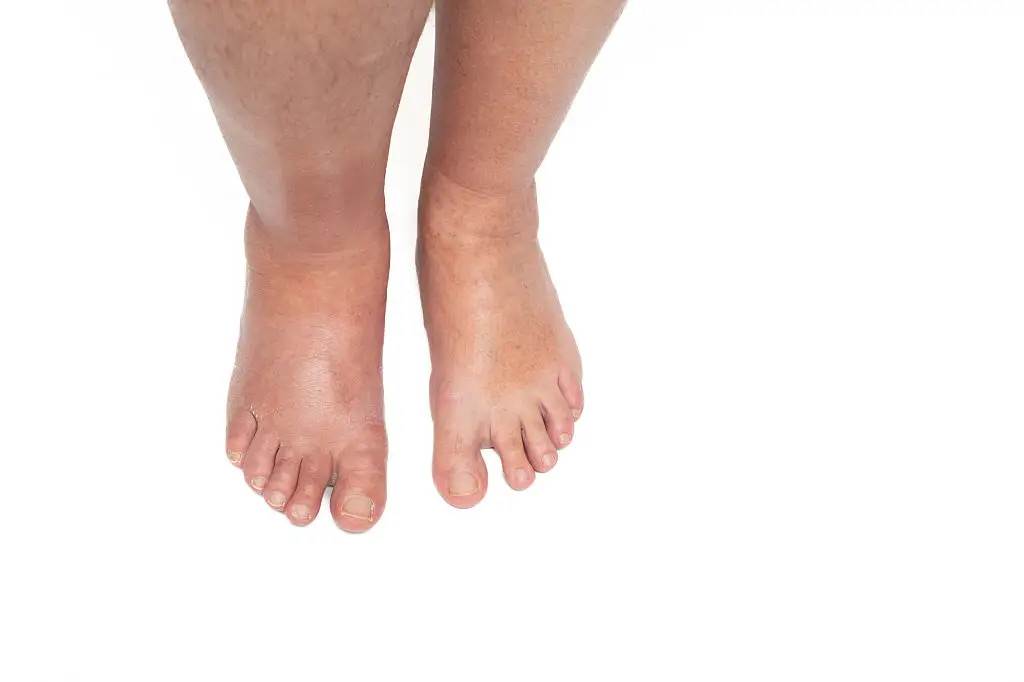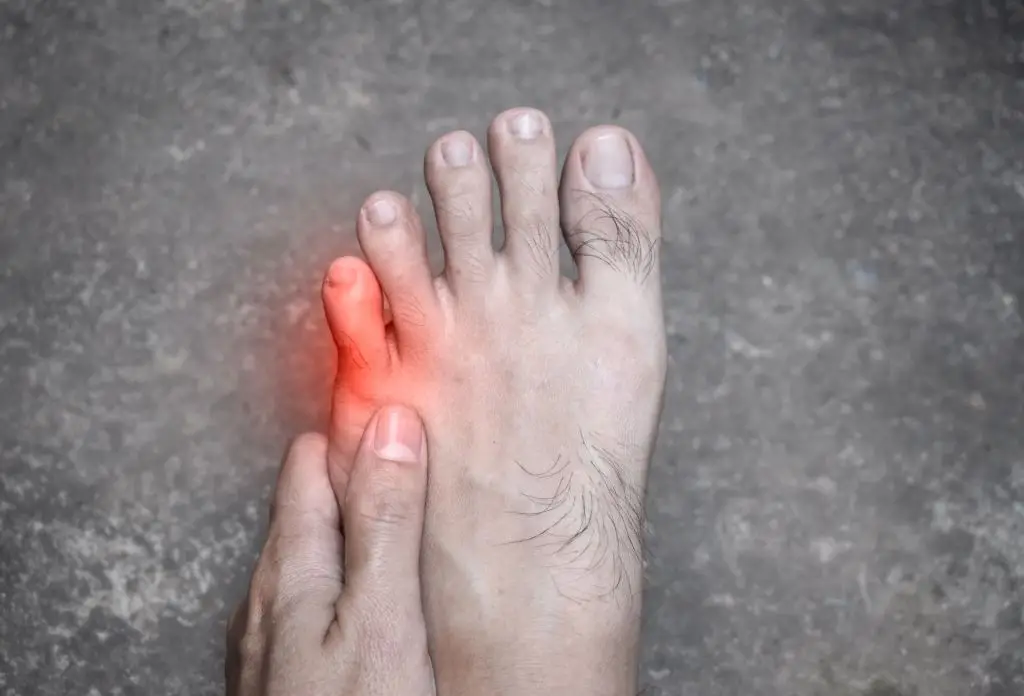Kidney Alarm: 11 Subtle Signs You Feel in Your Feet That Could Signal Kidney Trouble
Our feet have a quiet way of telling us when something is not quite right inside our bodies. For many, the first whispers of kidney trouble show up as subtle changes in how our shoes fit, the feeling in our toes, or little shifts in comfort we might brush off as aging. Yet more than 35 million Americans live with some form of kidney disease—often without realizing it—because the earliest warning signs are so easy to miss. The truth is, our kidneys are hard at work every moment, filtering extra fluids and waste out of our bloodstream. When they begin to slow down or encounter stress, it’s the lower parts of our bodies, especially our feet, that can quietly reveal the story first. This isn’t about worrying over every unusual twinge. It’s about tuning in compassionately, treating each small sign as a gentle nudge to check in with ourselves. Early detection can make all the difference in protecting kidney function and feeling your best, whether you’re juggling family, career, or enjoying the wisdom that comes with age. In the following guide, we’ll explore eleven subtle (but important) ways your feet might be signaling it’s time to give your kidney health a closer look. Each sign blends real science with practical wisdom, offering both validation and gentle strategies you can use right away. Think of this as friendly, expert advice for staying vibrant—one healthy habit, and one comfortable step, at a time.
1. Swelling in Feet and Ankles

Have you ever noticed your socks leaving deeper impressions on your ankles, or shoes fitting snugger by evening? Puffy feet might seem like a harmless annoyance after a long day, but when swelling sticks around or worsens, your kidneys could be asking for support. Medical experts explain that healthy kidneys filter excess sodium and water from the body. When kidneys aren’t working as efficiently, that extra fluid often settles in the lowest parts of our bodies—hello, swollen feet and ankles. Dr. Mateo Ledezma, a nephrologist, notes, "If the kidneys slow down or do not work well, then fluid can be retained, resulting in persistent swelling in tissue." This kind of swelling (called edema) may be subtle at first: rings feel tight, socks leave marks, and your toes might look puffier at the end of the day. People with high blood pressure or diabetes are at greater risk—about two-thirds of kidney failure cases start this way. If you spot swelling that lingers, especially in the morning or paired with other symptoms, it’s a good time to reach out to your healthcare provider and discuss kidney screening.
2. Noticeable Puffiness in Toes or Soles

Sometimes, the earliest signs of kidney trouble are so gentle you might only notice them slipping into your favorite sneakers. Puffy toes or a “spongy” sensation in the soles—especially first thing in the morning—often signal the start of fluid buildup. That's because as our kidneys get a bit sluggish, tiny blood vessels in the feet allow fluid to seep into softer tissues. This kind of swelling may come and go and is easy to overlook—especially if it improves after you move around. But taking a moment to observe your feet at different times of day (like comparing how your toes feel before bed and when you first wake up) can reveal patterns worth mentioning at your next checkup. According to Prevention Magazine, watching for even mild changes in foot puffiness can help you catch kidney issues before they progress. Giving your toes a quick squeeze—a practical self-check—can help you notice subtle shifts and advocate for your health with confidence.
